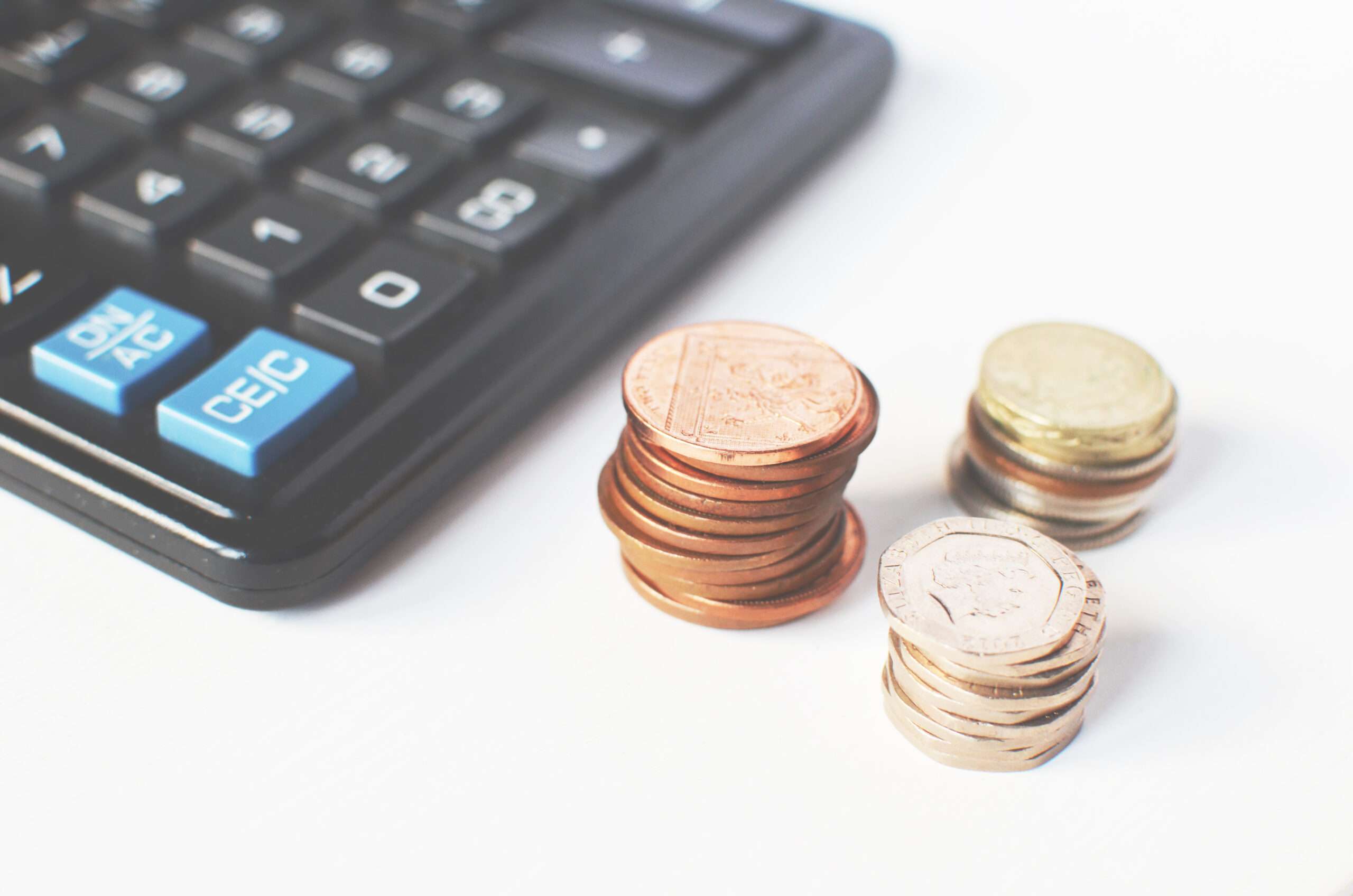Frequent Budget Checkups Reap the Rewards
The amount of money you bring in each month is the focal point of many budgeting programs and discussions. Although they succeed in making their argument, there is a more workable alternative. A weekly budget provides you with the control and flexibility you need to achieve your long-term financial objectives. It is easier to handle and more flexible in its settings. You won’t have to wait as long as you would with the traditional procedure to see the results.
If you want to improve your financial situation through budgeting, it is beneficial to look at your budget on a weekly basis. The following is a short list of the several reasons why it is the best:
Track Spending Better
Day-to-day spending accounts for the vast majority of our total expenditures. Things may come up ranging from commitments to spending choices that are optional. Whatever it is, the majority of its influence will continue to be felt throughout the week. It can be challenging to look back at anything you’ve spent three to four weeks later and determine whether or not it had an impact on your budget.
If you choose to track your expenditure on a weekly basis, you will be better able to monitor it and make adjustments as necessary. You will be able to identify the most significant contributors to the reduction in your income. On the other hand, it will be simple for you to overlook the smaller details that, when combined, can become significant. A weekly budget that includes a goal is more feasible, and the delight of achieving it can be experienced much sooner.
You may also use the weekly strategy to build yourself up for larger goals over time if you choose to do so. For instance, do you have any travel plans in the works? It is possible to save money weeks in advance and monitor your progress over a shorter period of time. The same can be said for other items, including a mortgage, investments, and other other monetary objectives.
Fewer Tasks to Oversee and Manage
Keeping track of a budget on a monthly basis can be very stressful. You are need to keep track of all of the bills that you pay throughout the month, the revenue that is coming in, and make an estimate of the potential expenses that can arise in a period of four weeks. In addition, the monthly plan is susceptible to collapse in the event that events do not play out as anticipated.
If you think of it as a weekly schedule, you’ll be able to keep fewer things in your head at once. You also allow room for adjustment in the event that something unforeseen takes place. For instance, if there is an unexpected event, you will be able to make adjustments to the plan by thinking about the number of days that are remaining. It is less laborious since it is easier to compare weeks to months than it is to compare years.
Determine the Appropriate Spending Plan for Your Extra Money.
When you create a budget for each week, one of the benefits you’ll reap is the ability to determine the appropriate amount of money to allocate toward your supplementary costs. You can decide on an allowance for yourself and evaluate whether or not it is sufficient for the week. You won’t go overboard at this period, which will help you maintain your sense of control, and it will also assist you in considering what is essential.
You can also configure it to provide you with additional control through the use of automated transfers from your account. You could, for instance, establish a budget for weekly expenditure of $300, which would then be sent to your bank account. After that, you will have a limit, and you will be able to monitor how you spend that money. A prepaid debit card is another another method for accomplishing this goal.
You will, with time, have an understanding of what satisfies you by providing you with money that you may spend on a weekly basis while still moving you closer to achieving your long-term objectives. You can put the money you saved from that week toward other necessities or put it toward your following week’s allowance.
It is Much Less Difficult to Make Up for Errors
If you go beyond your budget by accident one week, at least you have the ability to make quick corrections for the next week. When creating a monthly budget, even a small mistake in the beginning might throw off all of your calculations for the rest of the month. In addition to this, there are only 12 months in a year, which means that you need to make the most of your financial resources. With a weekly budget, you will be able to track your spending and determine whether or not you need to make any adjustments.
Creating and sticking to a budget on a weekly basis is simpler. Even though it requires arguably less work, it nevertheless manages to deliver a tremendous punch. The idea behind it is that even the smallest of actions can eventually add up to help you achieve your monetary objectives.
Other Aspects That Should Be Thought About
Even with a budget that is only for the week, things will not go as planned. There will be situations in which it will be put to the test, but the wonderful thing about it is that you can make adjustments very quickly. It also provides you with greater room to experiment and find the optimal distribution of resources for your way of life. Those individuals who seek a greater degree of control over their financial situation might consider making this change.
Having a weekly budget is helpful in many situations, including when major life changes occur. It will change based on whether you need to spend money on something essential or whether you have more money to utilize for other things, as both of these factors will affect how much money you have available to spend. In general, it might be a strategy to simplify the process you’re going through and keep you on track with your objectives.
ကြော်ညာ တွေဆိုတာ အောက် ပြတဲ့ ဟာတွေဖြစ်တယ်။ ကလစ်ပြီး သူတို့ website မှာ အနဲဆုံး ၁ minute လောက်နေပေးပါ
ကြော်ညာ 2
++++++++++++++

